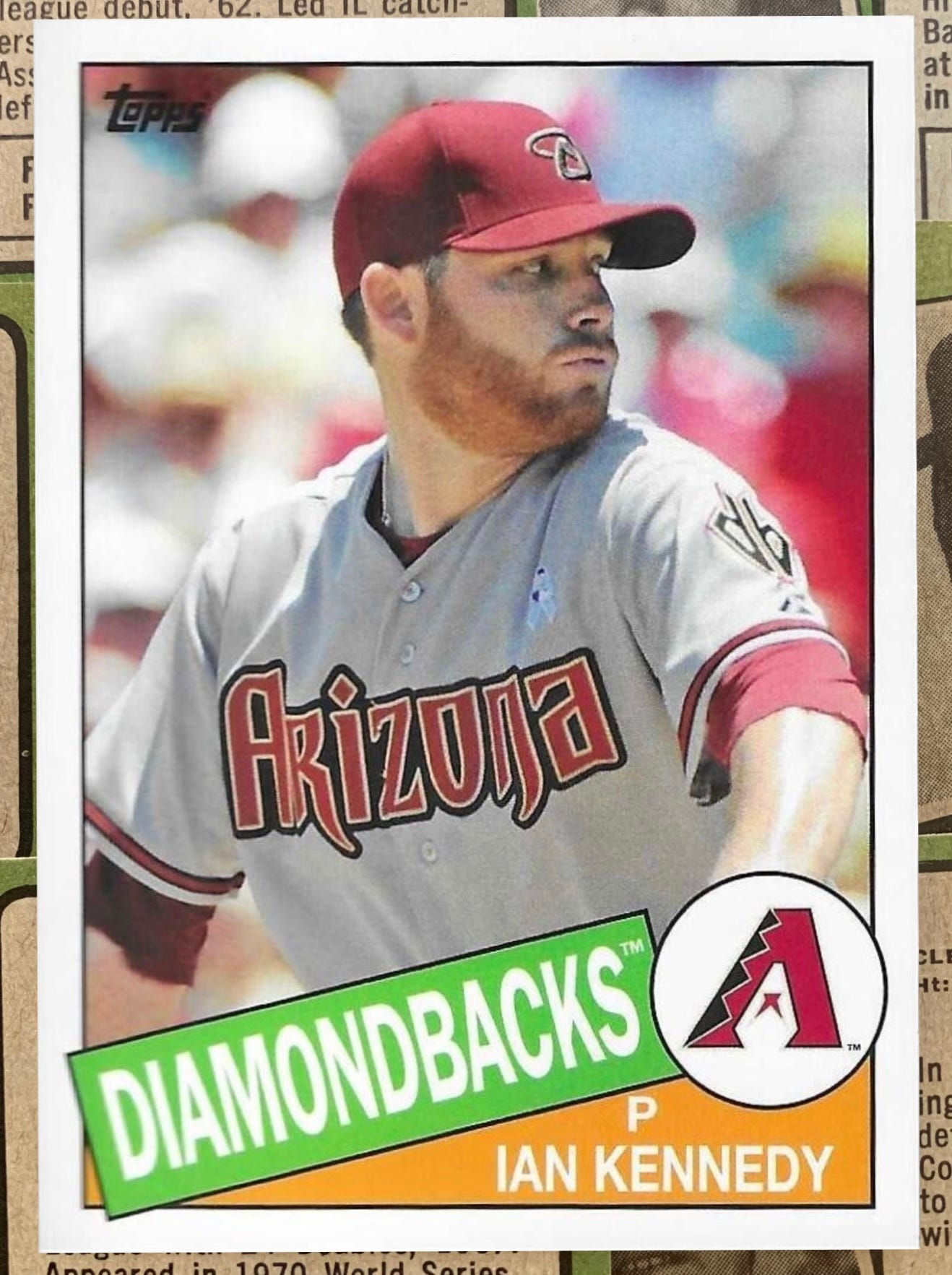Los Angeles appeared content to lose the battle but win the war. And if the Dodgers can secure one more victory this week, perhaps Brent Honeywell should receive the Purple Heart along with his World Series ring.
When Honeywell entered last night’s game in the bottom of the eighth, he knew it was his responsibility to retire the side. It’s become clear this postseason that he takes pride in protecting his fellow relievers. Game 4 wasn’t going to be any different.
You won’t make many All-Star teams by surrendering five runs in one inning of work, but Honeywell’s outing last night may have cemented his status as a cult hero. With nobody warming up behind him, Honeywell fired 50 pitches — only seven fewer than he threw in three innings of work against the Mets on October 14 — before Giancarlo Stanton popped up to end the inning.
In the pitcher’s defense, he was forced to get four outs in the inning; what would have been a routine groundout under different circumstances resulted in a fielder’s choice in which everyone was safe after Anthony Volpe beat a play at the plate. Hey! I said it was a fielder’s choice, not a pitcher’s choice.
Walker Buehler threw 76 pitches over five shutout innings in Game 3 on Monday. Yoshinobu Yamamoto needed only 63 pitches to complete five scoreless against the Padres in the deciding game of the NLDS. So when any pitcher is allowed to complete half a century in just one inning, we take notice!
Shortly after the fans had filed out of Yankee Stadium, I discovered that I had actually been at the ballpark for a 50-pitch inning. Unlike Honeywell’s outing, though, this feat was performed by a starting pitcher in his fourth inning of work.
On June 6, 2013, the Diamondbacks wrapped up a four-game series in St. Louis. Just two days earlier, the teams had required 14 innings to determine a winner (remember those days?). With a fatigued bullpen and the next off-day still a week away, it was the responsibility of Ian Kennedy to work deeper into the game.
I texted Kennedy to ask if he remembered an outing against the Cardinals during that season. “Yes!” he quickly replied. “Worst start of my career… 4 IP, 10 runs.” He remembered all right. He also knew the conditions of his start: “In the past, I usually came through in those games and gave the bullpen a rest, however, I didn’t do that on that day… I was so exhausted that inning. I was just throwing it up there by the end of it.”
Kennedy sprinkled in enough light-hearted reactions throughout his self-analysis that we can rest assured that (most) pitchers eventually get over bad outings.
I told him that watching Honeywell had inspired me to look into particularly long innings for pitchers.
“I saw that Honeywell inning, and I could feel exactly what he was feeling,” Kennedy confessed. “Near the end of an inning like that, you’re so tired, and you are angry about the whole inning. You just want it to end and you don’t care how either.”
Sometimes it’s a selfless reliever who embraces his role on a World Series team. Other times it’s your Opening Day starter, who happened to throw a gem against the Cardinals on the first game of that 2013 season, selflessly sacrificing his ERA for the sake of his teammates.
“If you pitch long enough, you’re going to have those innings,” Kennedy concluded. After 1,900 innings over 17 seasons, it was bound to happen at least once.
Kennedy celebrated a World Series championship last season as a member of the Texas Rangers. Honeywell will leave it to his teammates to accomplish the same tonight.



